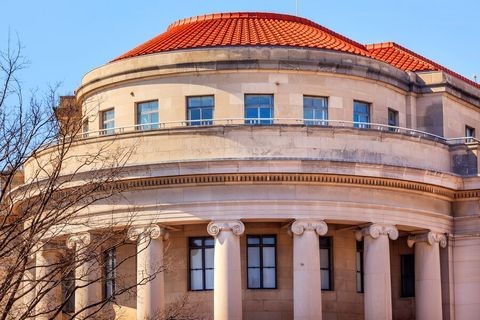501(c)(4) HOA to Pay Over $2M to Resolve FCA Allegations in Connection with PPP Loan
Client Alert | 2 min read | 01.05.24
The San Diego Union-Tribune reports that a homeowners association (HOA) in California has reached an agreement with the Department of Justice (DOJ) to resolve allegations that the HOA obtained approximately $1.5 million in loans through the Paycheck Protection Program (PPP) that the HOA was not entitled to receive due to its status as a 501(c)(4) organization. The HOA reportedly will pay $2,037,451 to resolve the allegations. Of that amount, $244,494 will go to Wade Riner—the relator who initiated the action by filing a complaint under seal pursuant to the qui tam provisions of the False Claims Act (FCA). According to the Tribune’s reporting, Riner has filed dozens of similar FCA suits across the country.
Indeed, this settlement appears to be just the tip of the iceberg. In the past few months, three other FCA complaints filed by Riner have come out from under seal, naming some 75 different 501(c)(4) organizations as defendants. In one of the cases, the DOJ elected to intervene as to four of the named defendants although the settlement amount is not yet public.
In prior alerts (see here and here), we have discussed how serial relators have been a defining feature of qui tam enforcement in cases alleging COVID-19 relief fraud. These frequent filers have brought complaints based upon publicly available information about PPP loan recipients. Prior complaints by serial relators have focused on recipients that received duplicate PPP loans or recipients that failed to comply with some of the more technical requirements associated with the second round of PPP funding. In light of the recently unsealed complaints, it is clear that 501(c)(4) entities—such as private clubs and HOAs—are among the loan recipients now squarely in the crosshairs of serial relators.
Insights
Client Alert | 11 min read | 05.17.24
FTC Finalizes Modifications to Broaden the Applicability of the Health Breach Notification Rule
On April 26, 2024, the Federal Trade Commission (“FTC”) announced a final rule (“Final Rule”) modifying the Health Breach Notification Rule (“HBNR”). The Final Rule, which largely finalizes changes proposed in a Notice of Proposed Rulemaking published last year (“2023 NPRM”), broadens the scope of entities subject to the HBNR, including many mobile health applications (“apps”) and similar technologies, and clarifies that breaches subject to the HBNR include not only cybersecurity intrusions but also unauthorized disclosures, even those that are voluntary. The Final Rule will take effect 60 days after its publication in the Federal Register.
Client Alert | 5 min read | 05.16.24
CMS Finalizes Contested Rule on Nursing Home Staffing and Facility Assessments
Client Alert | 3 min read | 05.15.24
Client Alert | 3 min read | 05.14.24





